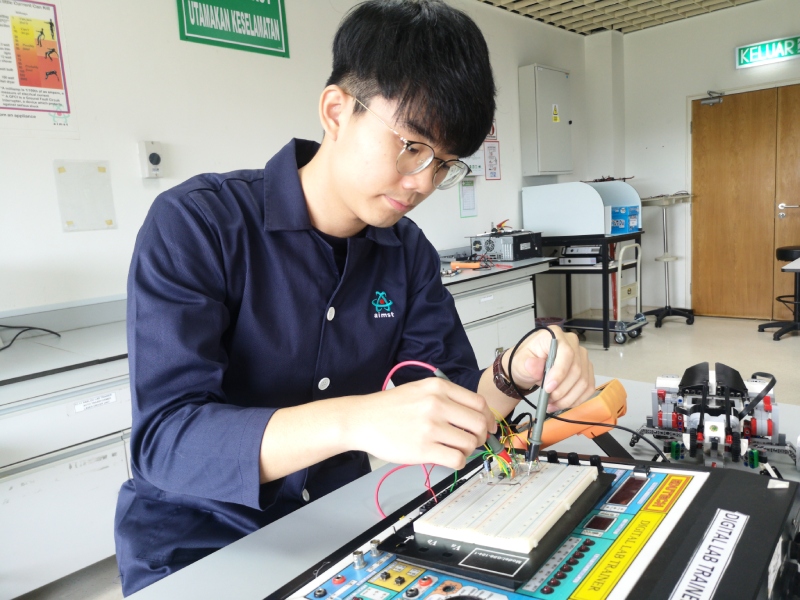Event News
Electrical vs. Electronic Engineering: What are the Differences?

Both fields of engineering may sound similar, but they are quite distinct. Both engineerings involve transferring electricity to power useful products and machines around a circuit. But that is where the similarity ends.
Although the same type of work can often be performed by an electrical engineer and an electronic engineer, the distinctions between these disciplines are a matter of scope.
The broader aspect of electrical engineering encompasses computer engineering and other fields, such as power systems, signal processing, and communications. Usually, electronic engineering focuses more directly on electronic system design, optimization, and management.
Although knowledge of networks and power systems may be useful, electronic engineers are not as widely focused on these areas.
What to Expect in a Degree in Electrical and Electronic Engineering?
If you are interested in electrical devices’ operation and have a strong interest in mathematics and science, and probably some necessary engineering skills, then a degree (bachelor’s or diploma) in electrical or electronic engineering may be something you should consider.
Although technological expertise is essential, electrical engineers are often involved, often within teams, in designing and constructing various devices.
An electrical engineering degree at bachelor or diploma level would seek to provide students with a basic knowledge in the underlying concepts of electronic and electrical engineering that would enable them to specialize in a field of interest later in the course.
A degree in any of these fields will give you a fascinating insight into how electrical devices and technology work. It’s not hard to see how this can be an extremely valuable degree in the future expected to be full of new electrical technologies.
In several fields, including electronics, signal processing, power engineering, mechatronics, and engineering management, your degree studies will provide you with sound technical knowledge.
There will usually be a lot of hands-on, practical learning alongside theoretical learning to ensure that when you graduate, you are prepared for full-time engineering work. In Malaysia, you’ll have several career opportunities with a diploma in Electrical and Electronic Engineering.
What you choose depends on what you are interested in the most. Career options include aerospace, telecommunications, robotics, broadcasting, computer engineering, nuclear engineering, or system analytics.

Job Descriptions of an Electrical Engineer
In areas ranging from 5G networks to climate change and energy efficiency, the job of electrical engineers encompasses these industries and more.
They work on projects such as the design of renewable energy, power distribution, and storage networks, or better control systems for other essential infrastructures.
Services of electrical engineers include:
- Generation, transmission, and distribution of electric power
- Manufacture of navigational, calculating, electromedical, and control instruments
- Physical, engineering, and life science research and development
- Semiconductor and other fabrication of electronic components
Job Descriptions of an Electronic Engineer
Electronic engineers are mostly responsible for developing and optimizing components for electrical devices and structures in different industries.
In addition to designing consumer hardware products, electronic engineers may also be active in government, healthcare, and military programs.
In a healthcare setting, for instance, to ensure regulatory enforcement, they are also responsible for testing and troubleshooting electrical equipment.
Services of electronic engineers include:
- Telecommunication
- Semiconductor and other fabrication of electronic components
- Manufacture of navigational, calculating, electromedical, and control instruments

In a Nutshell
All this means that electrical and electronic engineers have a large and increasing job market. They are also at the forefront of future innovation.
Therefore, as an electrical or electronic engineer, you can earn a good salary in whatever industry you choose to work in, especially if you become a chartered engineer.
Students interested in studying the programme can get a bachelor’s or diploma in electronics and electrical engineering at AIMST University.

